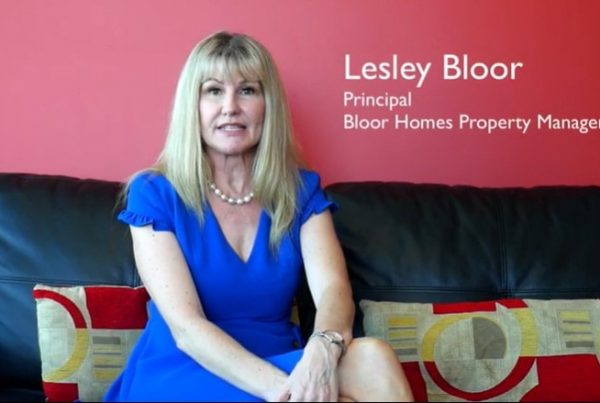Although it is achievable to generate income in Real Estate, there’s more to it than purchasing the first investment property you see.
Remember, Television shows about flipping houses and also investing in real estate portray a fact that’s far removed from what truly occurs in real life. If you’re interested in acquiring an investment property, ensure you consider these 7 factors first.
1. Condition Of Your Property
There’s absolutely nothing wrong with buying a fixer-upper, yet you need to be practical regarding the time and also money it’ll require to make an ugly duckling shine once again. After getting a comprehensive inspection by a certified professional, ask yourself how many of the repairs you can do on your own, and how many would require outside specialists.
Obtain quotes for any significant tasks that you would need to pay another person to do. You’ll want to make sure that you take care of all major concerns prior to anyone moving in, as an unsafe home can bring about major repercussions if tenants come to be injured. Calculate the length of time the repairs ought to take. If your house needs to be uninhabited for months while renovations happen, it may not be worth the expense.
After all, there’s absolutely nothing even more disturbing to property investors than a vacant property that isn’t bringing in any type of income.
2. The “Dollar for Dollar” Rule
Every investor has their own goals when it pertains to returns, yet a lot will agree that the revenue from a residential investment property should closely be “dollar for dollar”.
For instance, if you purchase a home for $500,000, it would ideal if it was able to bring in $500 per week. This equates to roughly a 5% income return.
You may think about purchasing a home that doesn’t meet the “dollar for dollar” rule if the investment property is in a community that is swiftly transforming as well as growing, with home values as well as rents estimated to move forward significantly over a short amount of time.
3. Property Taxes
You must always take into consideration property taxes when investing in an investment property. Initial taxes would include Stamp Duty as well as mortgage duties. Other property related taxes would include the annual rates and possible a payment to a body corporate. High tax obligations will eat into your revenues, while low tax obligations will enable you to keep a bigger amount of your rental earnings each month.
Some cities charge investors at a higher rate than owner-occupants, so it’s worth investigating the tax obligation prior to investing.
4. Insurance Coverage Expenses,
Similar to real estate taxes, insurance costs can eat into your earnings, so make sure to check out your potential costs upfront.
5. Neighborhood
The location of an investment property is just as important as the property itself. You need to select an area carefully, making sure it’s a location where renters will certainly wish to live.
6. Property Management
Being a landlord can be a headache sometimes, so you ought to take into consideration whether you’re willing to deal with 3 a.m. phone calls when there’s a plumbing calamity.
Many investors select to hire a property management firm to take care of everything for them. The majority of property management business charge around 8% of the monthly rental fee, in addition to a cost for obtaining renters. Some also charge to monitor maintenance fixings from outside suppliers.
7. Unforeseen Expenses
While the main objective of purchasing an income producing property is to generate money, you ought to prepare for unexpected costs.
Becoming a property investor can be an excellent opportunity, but the very best investors constantly do their due diligence prior to taking the plunge.










